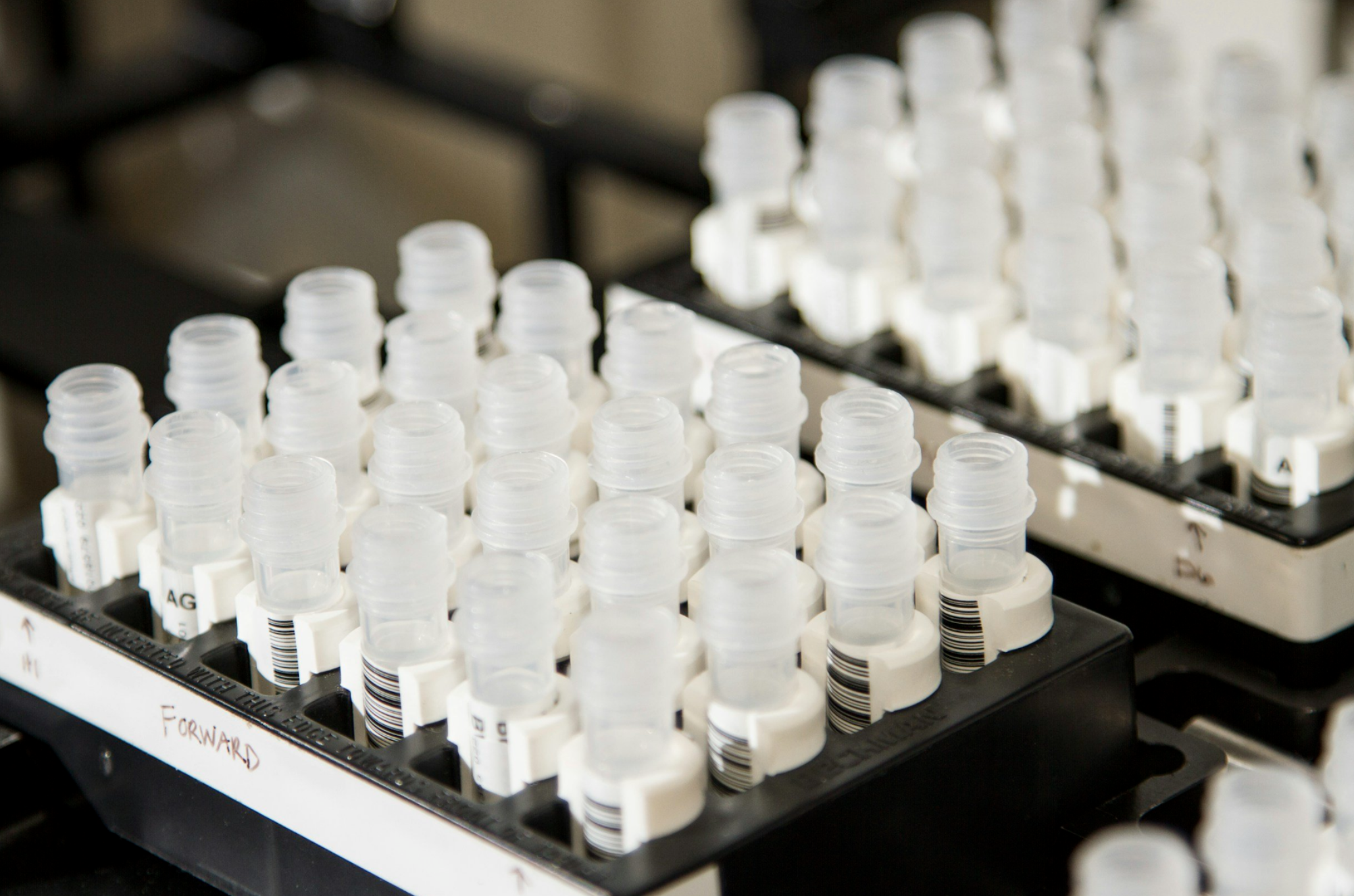 Image 1 of 1
Image 1 of 1


Metabolomix+ Profile
The Metabolomix+ provides analysis of key nutritional biomarkers using non-invasive first morning void (FMV) urine collection with optional add-on bloodspot finger stick and buccal swab. Common clinical indications for testing include:
Mood disorders1,2
Mitochondrial dysfunction3
Fatigue4
Chronic stress5
Inflammation6
The Metabolomix+ Profile report categorizes results into several metabolic areas
Organic Acids (urine)
Malabsorption and Bacterial/ Yeast Dysbiosis Markers are metabolites produced by the gastrointestinal microbiome
Cellular Energy & Mitochondrial Metabolites are biomarkers of carbohydrate and fatty acid metabolism, and the citric acid (Kreb’s) cycle
Neurotransmitter Metabolites are downstream byproducts of epinephrine, norepinephrine, serotonin and dopamine
Vitamin Markers are specific analytes used to assess functional levels of vitamin cofactors
Toxin & Detoxification Markers relate to certain toxic metabolites and the body’s detoxification capacity
Oxalate Markers relate to kidney stone formation, oxidative stress and metabolic dysfunction
Amino Acids (urine)
Essential Amino Acids must be derived from dietary sources
Nonessential Amino Acids are synthesized by the body
Intermediary Metabolites are byproducts of amino acid metabolism
B Vitamin Markers are involved in biochemical reactions that specifically require B vitamins
Urea Cycle Markers are byproducts associated with nitrogen (ammonia) detoxification
Glycine/Serine Metabolites are involved in the serine-to-choline pathway and the methylation pathways
Dietary Peptide Related Markers can indicate incomplete protein breakdown and meat intake
Oxidative Stress Markers (urine) include the oxidative damage markers lipid peroxides and 8-OHdG
Essential Fatty Acids (Bloodspot)
Nutrient and Toxic Elements (urine) assesses 15 mineral and 20 toxic elements
The Metabolomix+ provides analysis of key nutritional biomarkers using non-invasive first morning void (FMV) urine collection with optional add-on bloodspot finger stick and buccal swab. Common clinical indications for testing include:
Mood disorders1,2
Mitochondrial dysfunction3
Fatigue4
Chronic stress5
Inflammation6
The Metabolomix+ Profile report categorizes results into several metabolic areas
Organic Acids (urine)
Malabsorption and Bacterial/ Yeast Dysbiosis Markers are metabolites produced by the gastrointestinal microbiome
Cellular Energy & Mitochondrial Metabolites are biomarkers of carbohydrate and fatty acid metabolism, and the citric acid (Kreb’s) cycle
Neurotransmitter Metabolites are downstream byproducts of epinephrine, norepinephrine, serotonin and dopamine
Vitamin Markers are specific analytes used to assess functional levels of vitamin cofactors
Toxin & Detoxification Markers relate to certain toxic metabolites and the body’s detoxification capacity
Oxalate Markers relate to kidney stone formation, oxidative stress and metabolic dysfunction
Amino Acids (urine)
Essential Amino Acids must be derived from dietary sources
Nonessential Amino Acids are synthesized by the body
Intermediary Metabolites are byproducts of amino acid metabolism
B Vitamin Markers are involved in biochemical reactions that specifically require B vitamins
Urea Cycle Markers are byproducts associated with nitrogen (ammonia) detoxification
Glycine/Serine Metabolites are involved in the serine-to-choline pathway and the methylation pathways
Dietary Peptide Related Markers can indicate incomplete protein breakdown and meat intake
Oxidative Stress Markers (urine) include the oxidative damage markers lipid peroxides and 8-OHdG
Essential Fatty Acids (Bloodspot)
Nutrient and Toxic Elements (urine) assesses 15 mineral and 20 toxic elements
